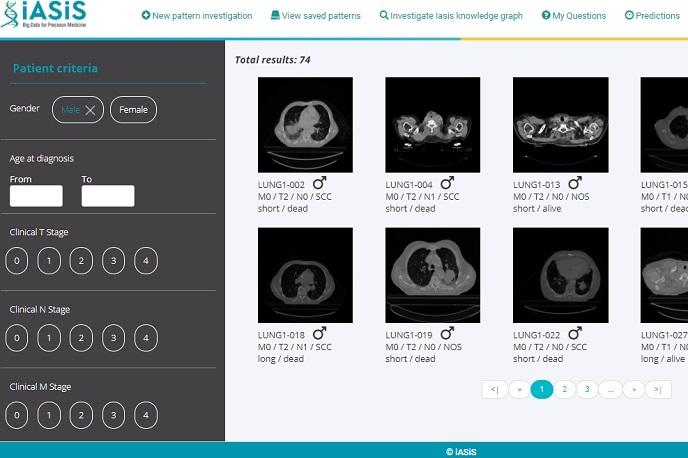Advancing dyslexia research
Associated with poor literacy skills, DD affects 5 to 10 % of the population. These individuals usually have normal intelligence, adequate educational opportunities and no major sensory impairments. The 'Neural basis for individual differences in pSTM in the normal and dyslexic populations' (NBIDPSTM) project diverted from the inclination to characterise dyslexia as a language-specific deficit. This generally more popular approach contends that literacy problems stem from impairment in the representation and processing of phonemes. Of the project's two main objectives, the first was to investigate how capacities in pSTM processes more generally relate to language processing capacities. The study involved testing healthy adult participants through various behavioural tests and neuro-imaging experiments.Results from the tests showed that when listening to speech, participants with better verbal memory are likely to recruit their motor regions more. As such, dyslexics may have particular difficulties recruiting their motor regions, even during mere speech perception. The most interesting finding in this stage was that variability in neural activation during the silent maintenance of verbal information is associated with better recall.The second objective addressed the so-called 'phonological deficit' in DD and its relation to impaired phonological processing, altered pSTM processes, or a disruption impacting on both functions. To this end, project members carried out a large-scale behavioural screening of healthy adults and DD adults. While analyses of these experiments have yet to be finalised, preliminary results are shedding light on possibly distinct patterns of speech perception. That is, control participants appear to produce a more left-lateralised response when listening, while dyslexics produce a more bilaterally distributed activation pattern.NBIDPSTM partners expect that data from the second stage will shed new light on the nature of language impairment in the dyslexic population. They are particularly keen to discover if there are relationships similar to those observed in the first stage with regard to phonological processing and verbal memory abilities. Ongoing work will try to determine if impairments can be related to any anatomical variability. The project's final outcomes will contribute new knowledge and positively impact the direction of future dyslexia research.







